Romantic relationships are centered around different types of attachment, that define what kind of a relationship you have, or might have. Knowing and understanding these types of attachments can help you work on yourself and your relationship for the better.
You crave your partner’s attention, and you never want to leave their side. You dream about them every minute of the day. You both are convinced you are deeply and irretrievably in love. Could it be that you are simply attached to them?
You might be asking yourself: What’s the difference? Aren’t we always attached to our loved ones? We are – but attachment can be trickier than that. We can form healthy attachments based on mutual love and respect. We can also build a more damaging sense of attachment from fear or emotional neediness.
So, what are the types of attachment? Let’s find out!
Read 6 Signs You Are in A Fake Relationship
The 3 Types of Attachment: Which One Drives Your Relationship
A study conducted by the University of Denver identified three very different types of attachment styles. Not all of them are healthy – but each one is a powerful force.
1. Secure Attachment
Securely attached adults support and respect one another. They form a relationship built on mutual care and trust. A securely attached relationship involves compromise. Each partner establishes and maintains boundaries. A securely attached person is able to give generously of themselves, while maintaining their self-esteem and sense of identity.
Children learn to form secure attachments when they experience them at home. They practice them throughout childhood by forming and maintaining friendships. Securely attached people are able to trust their partner’s affection and maintain realistic expectations of the relationship. This kind of attachment is found in healthy partnerships.
2. Anxious Attachment
Anxious attachment occurs when one partner is desperate to engage in a fantasy relationship. They fear it will not happen due to abandonment issues or a lack of healthy connections throughout their childhood. A person who experiences anxious attachment is unlikely to trust their partner on a deep level.
Instead, they live in constant fear of betrayal and abandonment. They are afraid to be alone. This fear causes them to attach to their partner very quickly. They put emotional expectations on their significant other that are unrealistic and unlikely to be met.
People who experience this type of attachment expect to be completed or rescued by their partner. They seek safety and security. This type of attachment is not conducive to an emotionally healthy relationship.
Related: How Childhood Attachment Styles Affect Adult Relationships
3. Avoidant Attachment
People who have been hurt repeatedly, or who never learned to attach in a healthy way as children, may form an avoidant attachment. In these relationships, one partner has a fear of intimacy that prevents them from connecting to the other. They withdraw emotionally.
Although they may have deeply affectionate feelings for their partner, they are unable to express them clearly and respectfully. They might withdraw in a dismissive way, which involves distancing themselves from the relationship. They may throw themselves into work, ignore their partner, cheat, or disappear entirely. Their avoidance could also manifest in a fearful way. They may deny their feelings, refuse to commit, or avoid emotionally heavy situations.
Why Is This Important?
Love requires an ability to trust your partner. To engage in a loving relationship, you must be generous enough to give affection and emotionally secure enough to receive it. Love, when built from a secure attachment, is based on your feelings for your partner.
Anxious and avoidant attachments, however, have little to do with your significant other. They revolve around your own unresolved feelings and unmet emotional needs. This is not true love. These relationships are driven by selfishness, fear, and control.
Rather than empowering each partner, unhealthy attachment styles can trap them in a relationship that is emotionally draining and unfulfilling.
“Selfish love hurts, selfless love heals,” wrote Rob Liano. Refuse to settle for a love that hurts you both. There is something better out there, and you will find it someday – but only if you keep looking.
Want to know more about the different types of attachment? Check this video out below!
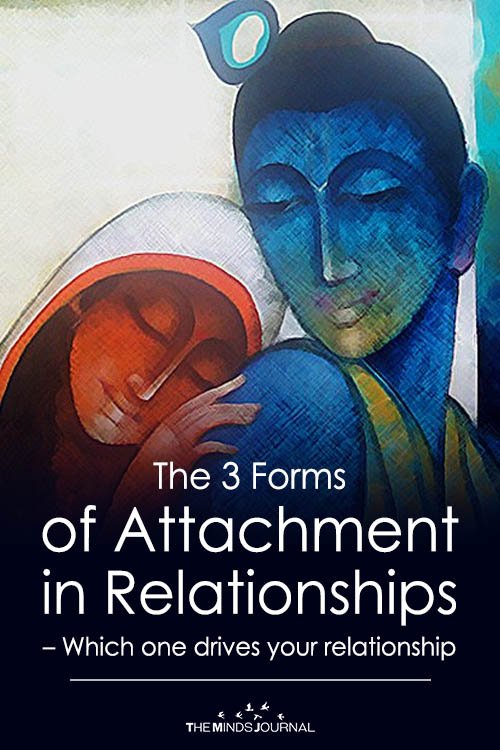
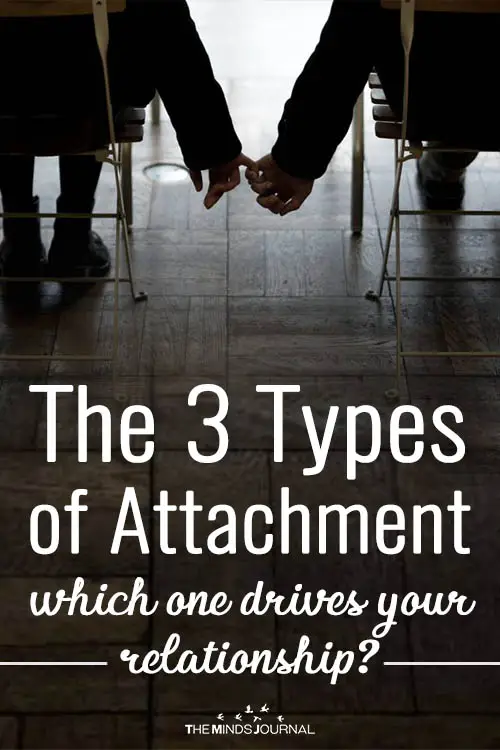
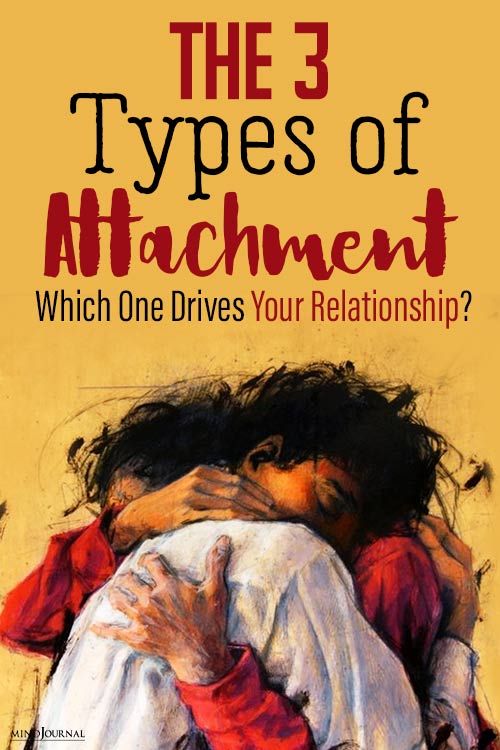
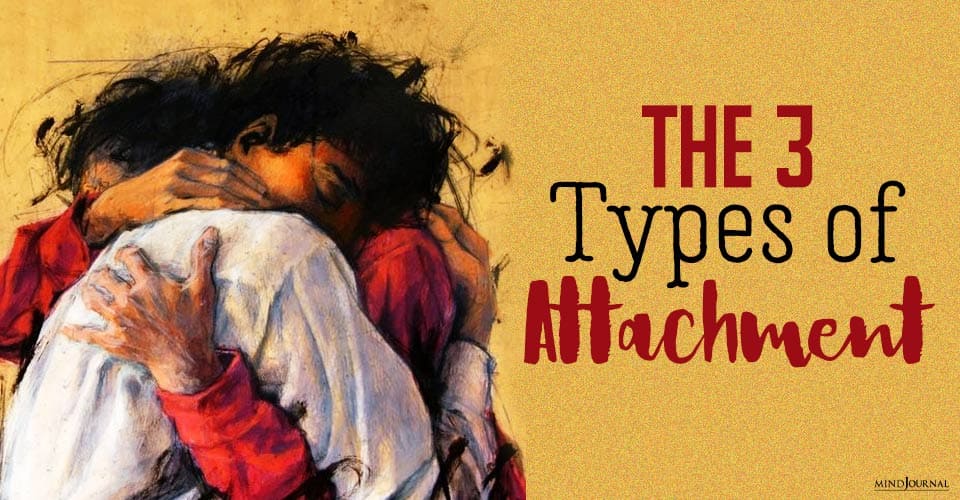

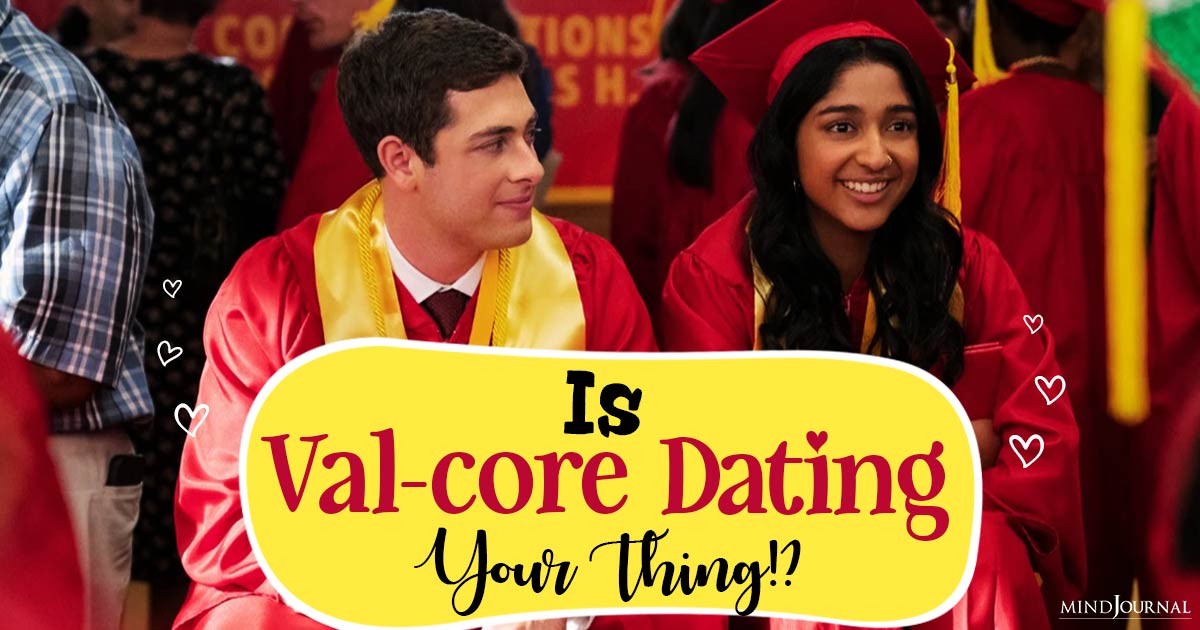
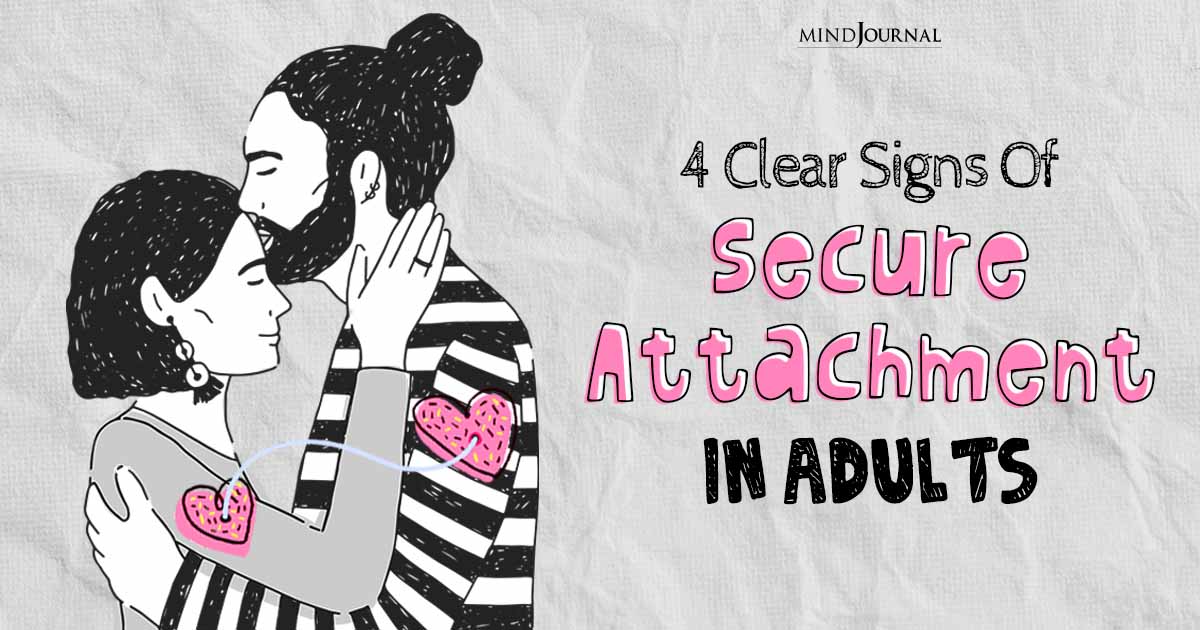
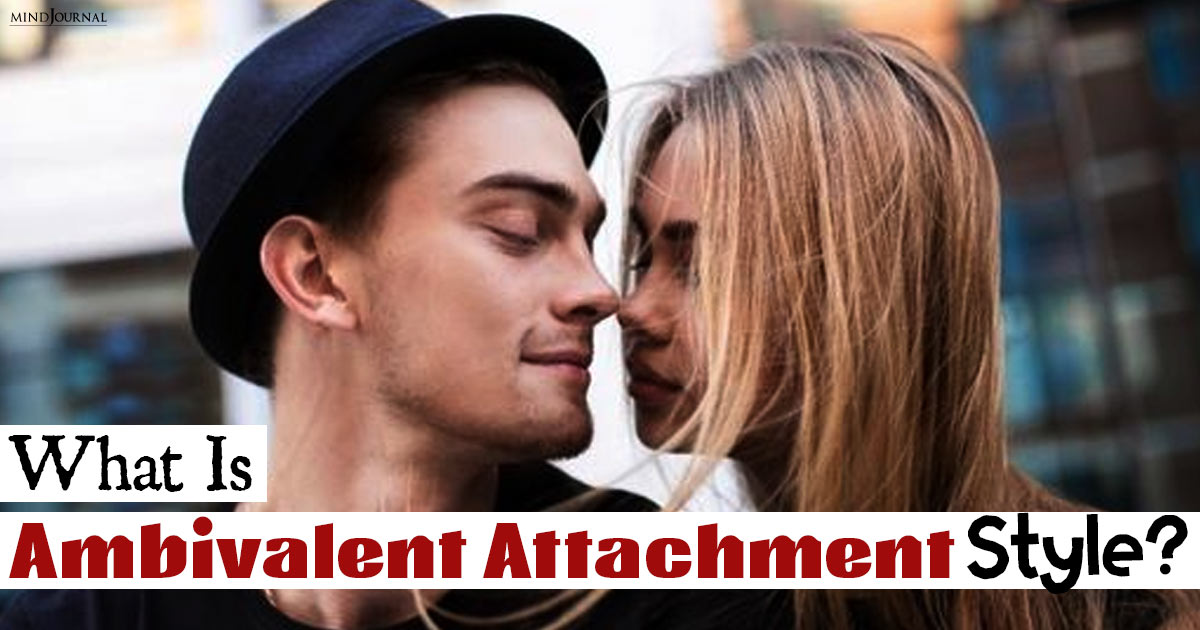
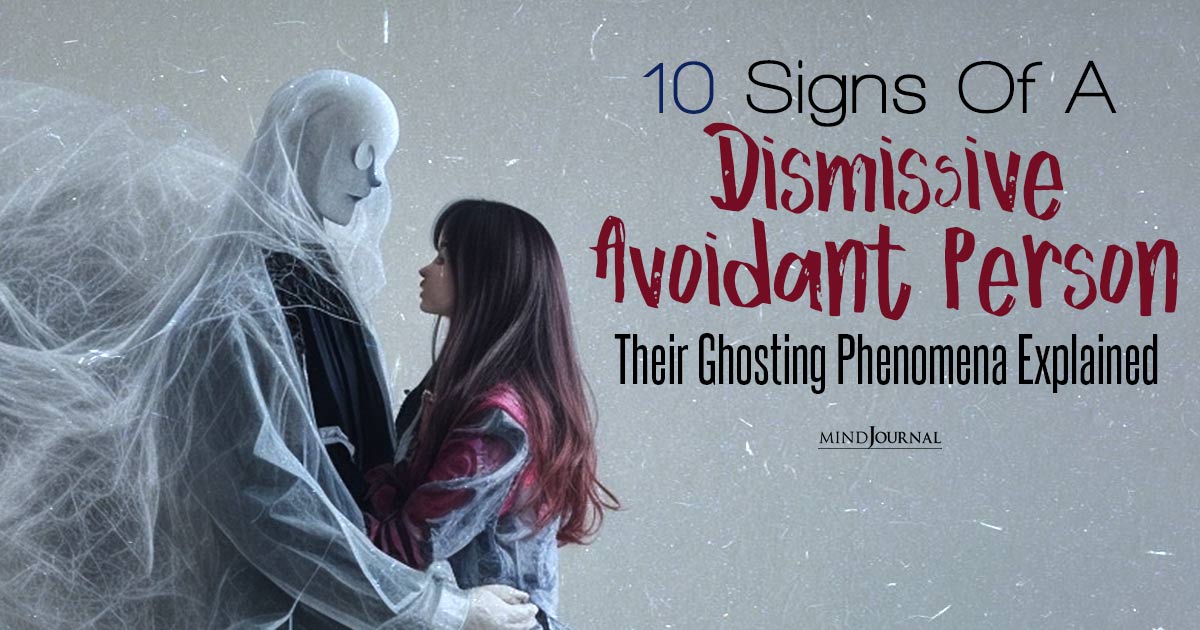
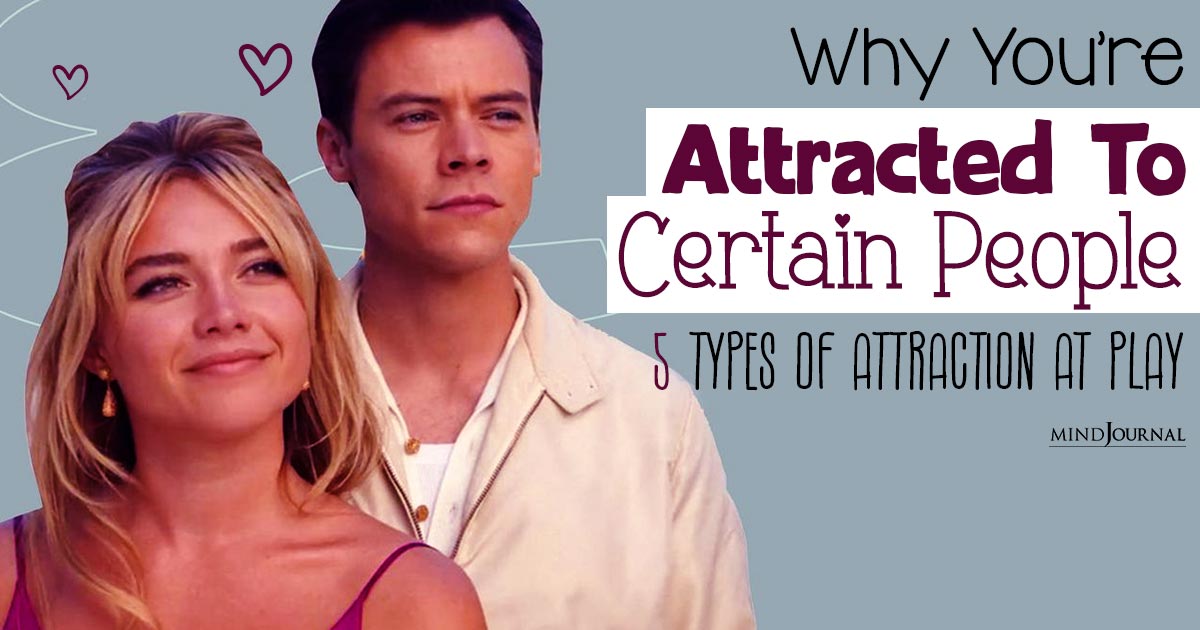
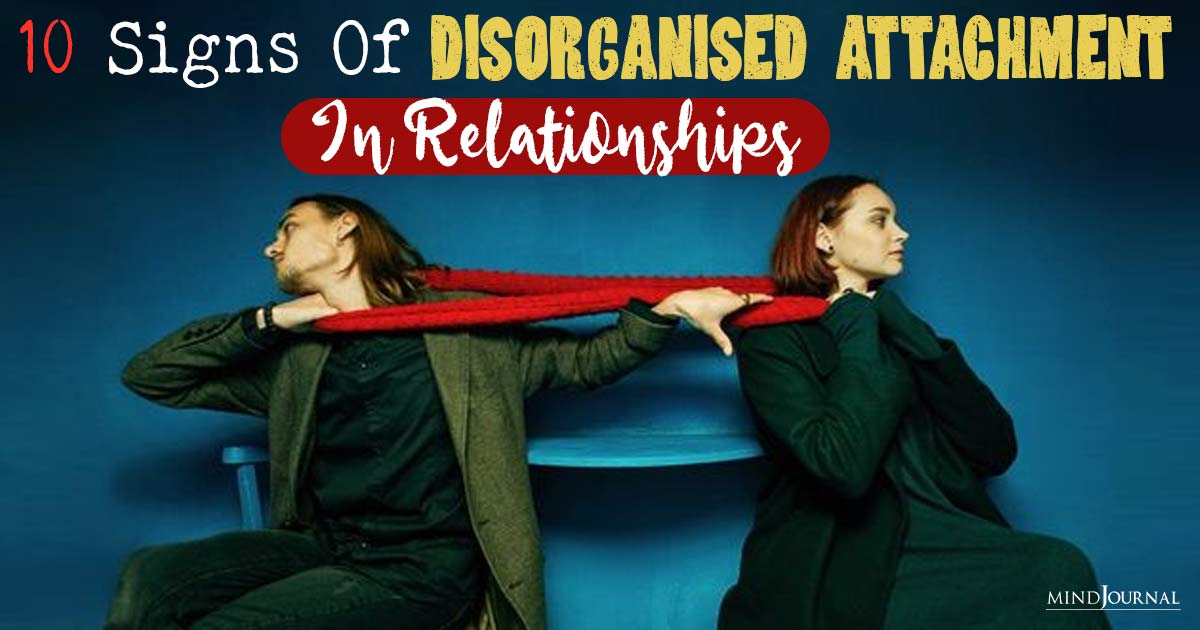
Leave a Reply
You must be logged in to post a comment.